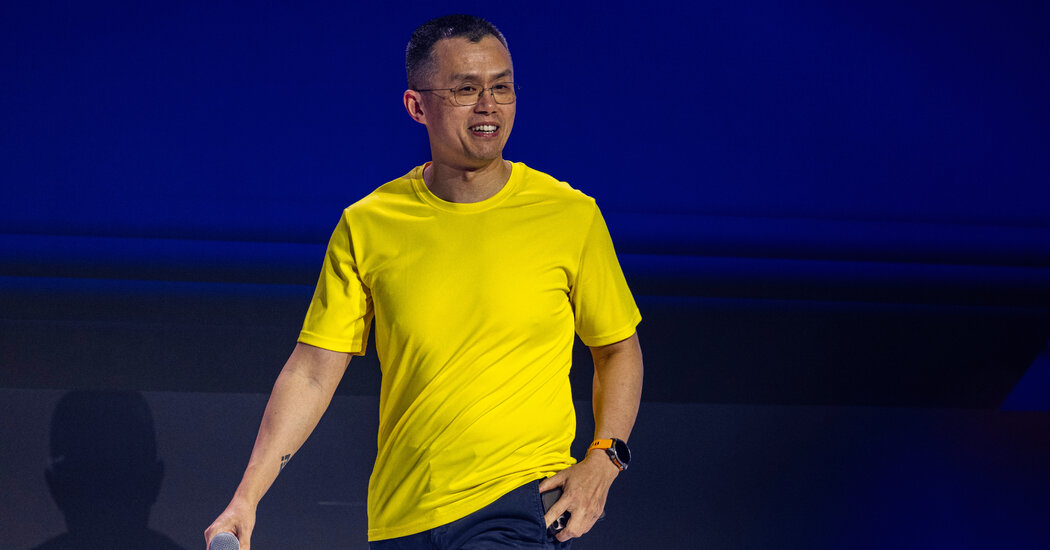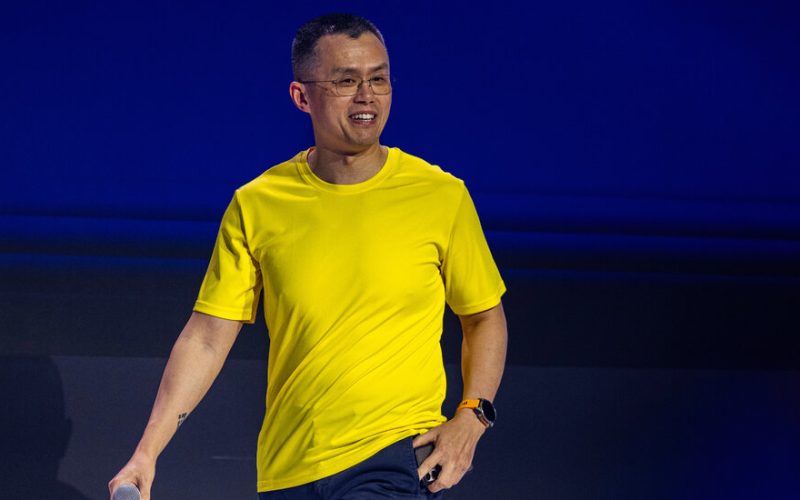Flattery, Lobbyists, and a Business Deal: The Campaign for Changpeng Zhao’s Pardon
In 2025, a sophisticated lobbying effort is underway to persuade President Trump to grant clemency to Changpeng Zhao, the founder of cryptocurrency exchange Binance. This move could significantly enhance Binance’s prospects in the U.S. market, especially following Zhao’s guilty plea to money-laundering violations in 2023. The stakes are high for the cryptocurrency industry as Zhao’s campaign draws on strategies typically employed by wealthy interests seeking favorable treatment from the Trump administration.
Changpeng Zhao, a billionaire originally from China, is leveraging his connections and influence to mount a pardon campaign reminiscent of past high-profile clemency cases. Having studied successful pardons granted to business moguls such as Marc Rich and Michael Milken, Zhao aims to navigate the intricate landscape of clemency politics. While many pardon seekers face substantial fees for lobbyists and legal counsel, Zhao’s approach stands out due to its strategic depth and financial backing.
Publicly, Zhao has expressed admiration for Trump’s cryptocurrency policies in various podcast interviews. Behind the scenes, his team has engaged lobbyists closely associated with Trump, further intertwining Binance with the Trump family. Notably, Binance has forged a business relationship with World Liberty Financial, a crypto firm owned by the Trump family, raising concerns among Democrats about potential conflicts of interest.
“It provides a gold-plated path to additional deals,” stated Senator Richard Blumenthal of Connecticut, who has called for transparency regarding the relationships between Binance, World Liberty, and the pardon initiative.
In 2023, Zhao and Binance admitted to grave legal violations, which allowed illicit activities to occur on their platform. Despite this, the White House appears to be considering Zhao’s pardon application, with discussions about its implications for the political landscape ongoing among Trump’s advisors.

Critics argue that granting clemency to Zhao would exemplify the misuse of presidential pardon power, allowing criminals to evade accountability for personal gain. This concern is underscored by past controversial pardons, such as those of Marc Rich and Hunter Biden, which have drawn public scrutiny regarding the motivations behind such decisions.
Zhao’s campaign reflects Trump’s transactional approach to both clemency and cryptocurrency. Throughout his presidency, Trump has granted pardons to various donors, allies, and figures within the crypto space, including Ross Ulbricht, known for creating the Silk Road marketplace. As Trump balances industry support with regulatory oversight, Binance has already benefited, with the Securities and Exchange Commission dropping a lawsuit against the company earlier this year.
A pardon for Zhao could facilitate Binance’s re-entry into the U.S. market by easing regulatory hurdles that have arisen since the company’s guilty plea. Zhao has publicly expressed his intention to establish a presence in the United States, acknowledging the regulatory challenges that lie ahead.
Founded in 2017, Binance quickly rose to prominence, processing a significant share of global cryptocurrency transactions. Zhao, who is often referred to as CZ, is currently valued at approximately $70 billion, bolstered by a large following among crypto investors. However, U.S. authorities have accused him of facilitating illegal activities, including allowing sanctioned entities access to the exchange.
As the lobbying efforts continue, Zhao’s team is engaging former regulatory officials to advocate for his clemency and to reshape the regulatory environment surrounding cryptocurrency. The outcome of this campaign could have lasting implications for Binance’s operations and the broader cryptocurrency landscape in the United States.
For further information, you can read the full article by Kenneth P. Vogel and David Yaffe-Bellany in the New York Times.









